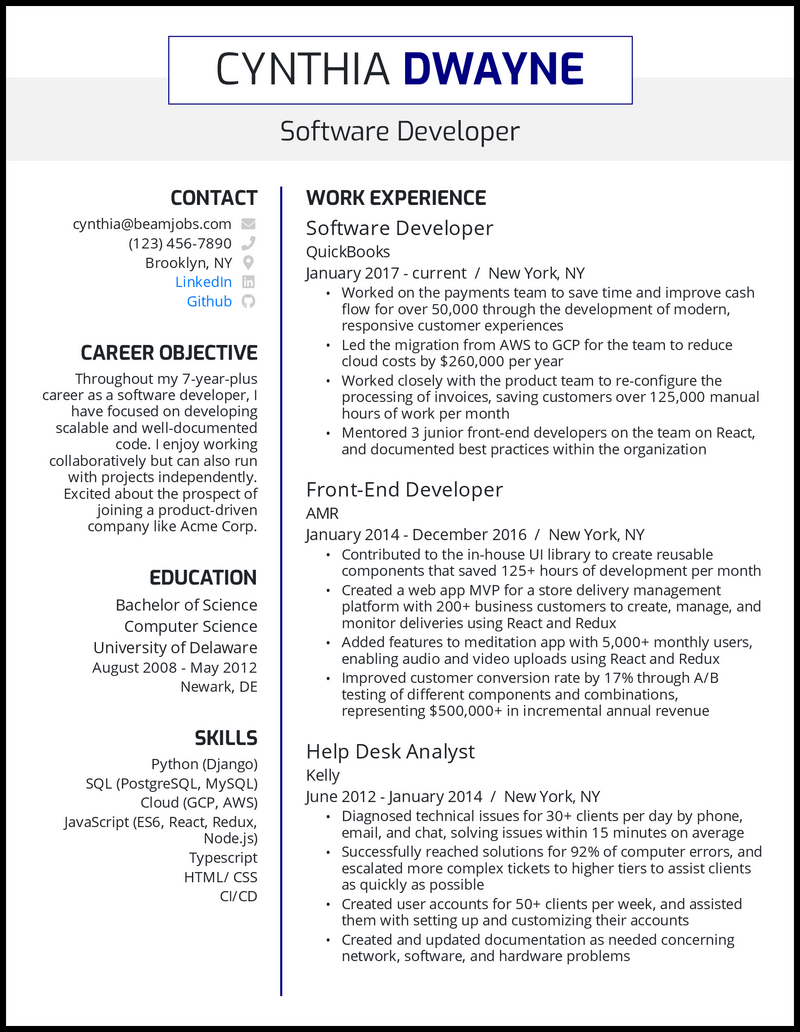
These computers, the most notable of which was the ENIAC, consisted of large banks of vacuum tubes and were used by the US Military to calculate missile ballistics tables. An algorithm, or finite collection of discrete steps leading to a determined end, is at the heart of every computer program.ĭespite extensive research into the theory of computers in the late 19th and early 20th centuries, electronic programmable computers were not successfully built until the early 1940s. In what is the first reference in recorded literature to some-thing recognizable as artificial intelligence today, a dialogue by Plato recounts Socrates as asking Euthryphro for a fail-proof algorithm to determine the nature of piety (Dreyfus 67). forerunner of the sliderule (Kurzweil 161). In 1617, mathematician John Napier developed Napier’s Bones, a collection of digits printed on bone that was the.

People had long recognized the difficulties inherent in the study of mathematics and formal logical systems without any kind of automation, and used simple tools such as the abacus to remedy them. While the Analytical Engine was the first attempt at instantiation of what would now be known as a computer, it was by no means the first conception of one. Although engineering difficulties prevented Babbage from completing the engine, it paved the way for further developments in the field of numerical computation. She went on to study the capabilities of algebraic manipulation that such a machine would have, and experimented with techniques of writing programs, earning her the distinction of being popularly known as the first computer scientist. Lady Ada Lovelace, upon learning of the engine, remarked that it would be possible to communicate with it as one would with a human, if only the cardboard cards that stored its instructions were punched the right way. The formal study of artificial intelligence - intelligent action exhibited by non-organic objects - had its inauspicious beginnings nearly 170 years ago with Charles Babbage’s conception of his Analytical Engine in 1833, an early prototype of the programmable computer (Johnson 61). It is difficult to imagine what a computer would have to do to prove that it is conscious, or what a seemingly rational human would have to do to prove that he or she is not. No one can even be sure that the others he or she sees are, in fact, conscious beings. No easy definition of thought exists, and one can only experience a single version of it in a lifetime. While this line of reasoning brings to mind such glib responses as asking why criminals such be punished, if they have no control over their actions (the answer, of course, is that judges can’t control their own actions either), it also leads to a deeper understanding of the issues involved in automated reasoning and the possibilities therein.
#How to write computer code pdf free
Discussions of free will and fate can be found in nearly every religion and philosophy on the face of the earth - are humans in control of their actions, or is the universe merely an exceedingly complex machine, all of whose actions are pre-determined? Recently, the development of quantum theory has suggested what to many seems the worst alternative - that the universe is deterministically random, and nothing can be either controlled or predicted. The practice of ruminating on the nature of thought and consciousness is nearly as old as the human race itself.


Predictions for the future in the field of artificial intelligence have traditionally been overly optimistic, but as computers become increasingly adept at simulating reason, the coming century will inevitably bring with it new ideas about what it means to be human. Meanwhile, the scientific community has been slowly but steadily moving towards the point where the answers to these questions become visible.

#How to write computer code pdf how to
How To Et A Computer To Write Your Paper Essay, Research PaperĪRTIFICIAL INTELLIGENCE: HOW TO GET A COMPUTER TO WRITE A TERM PAPER WITHOUT DOING ANY WORKĪLEX ZIMMERMAN, OSHKOSH NORTH HIGH SCHOOLĬan computers think? What is thinking, exactly, and how does one recognize it? What is the correlation, if any, between thinking and consciousness? Could a computer be conscious? For years, science fiction writers have used these questions as material for their stories, from domestic robots who do all the housework to automated spaceships colonizing and mining the galaxy in the name of industry.


 0 kommentar(er)
0 kommentar(er)
